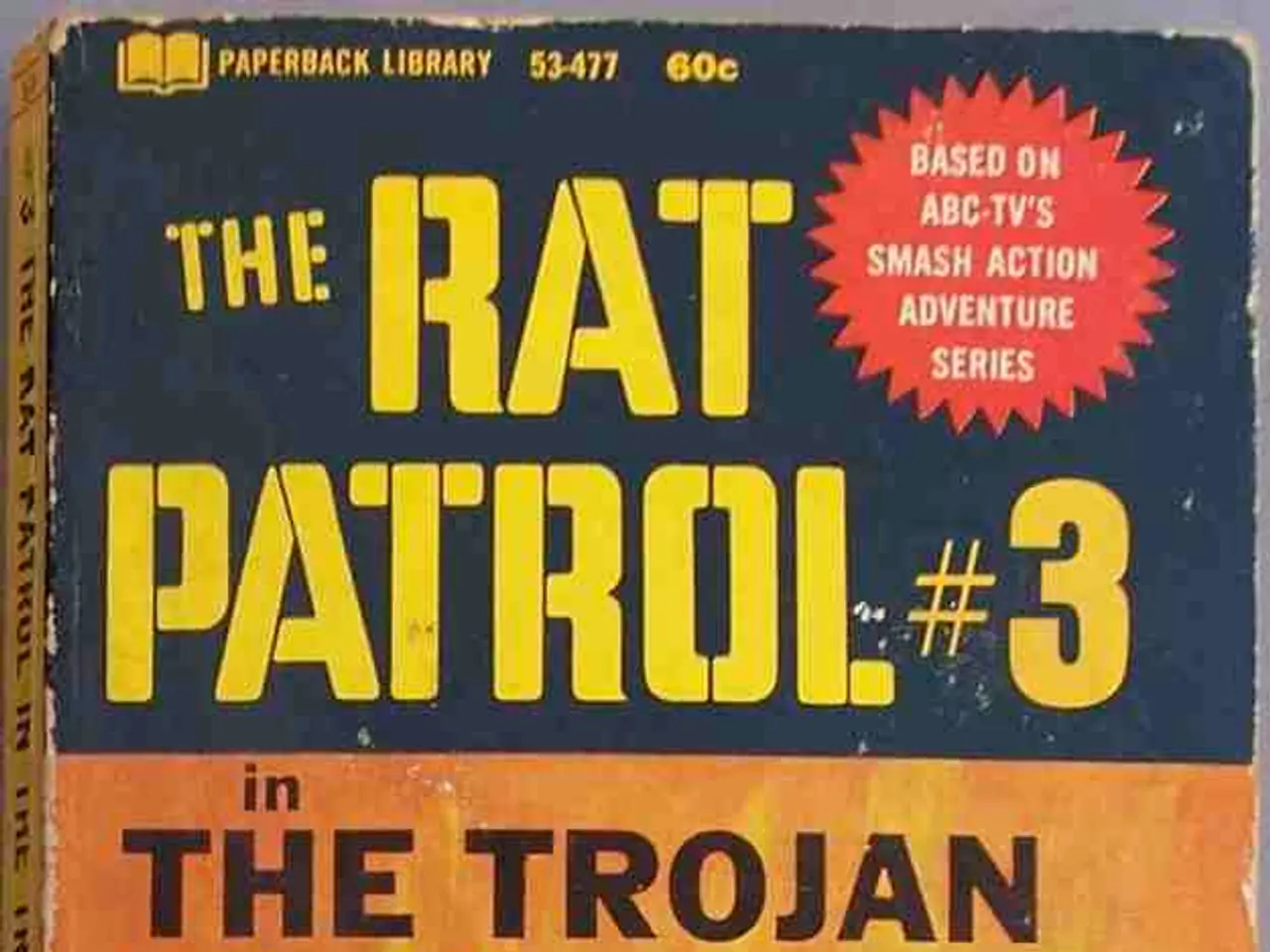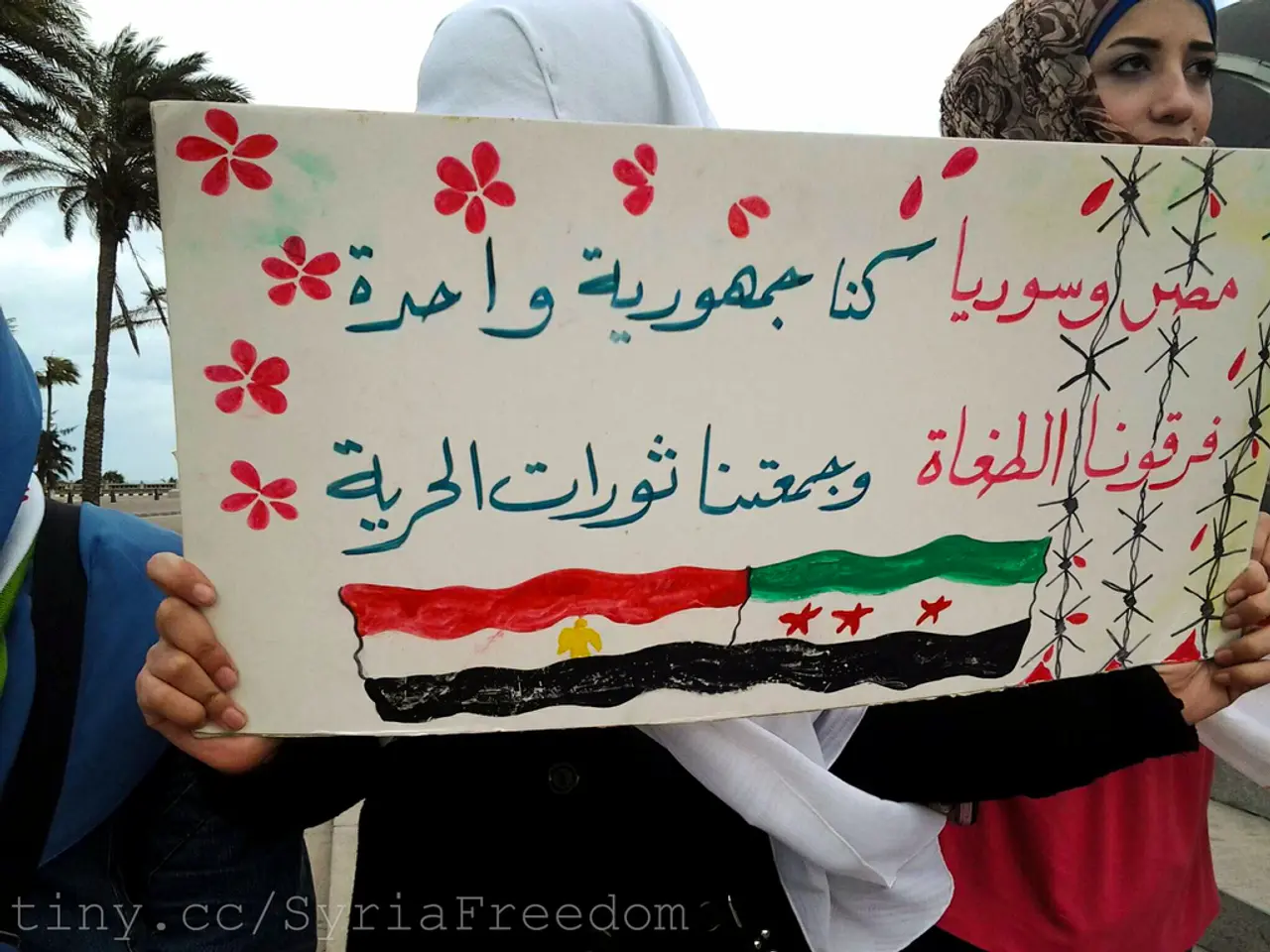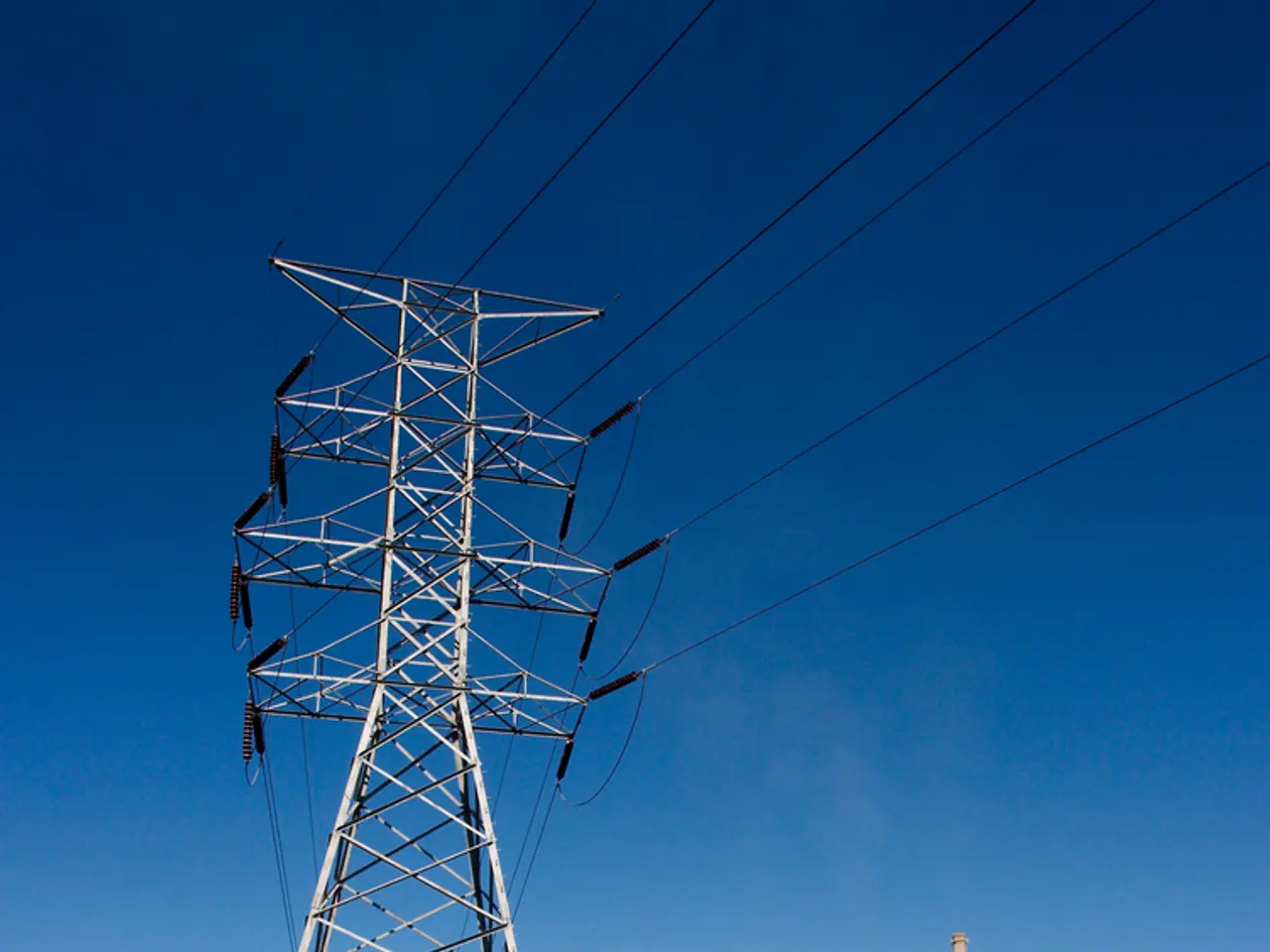Tit-for-Tat: Israel and Iran's Missile Exchanges and the Aftermath
Iran's strike on a clinic provokes Israel's response: Israel vows retribution, menaces Khomeini - Israel promises retaliation for attack on hospital, warns Khamenei of potential response
It's been a week since the start of the intense Iran-Israel skirmish, with the Israeli air force retaliating against the Natanz nuclear facility and an "inactive nuclear reactor" in Arak. Reports suggest around 40 combat aircraft targeted numerous sites, following Iran's enrichment activities at the Natanz facility [1].
recipient
In retaliation, Iran fired several ballistic missiles early Thursday morning, causing multiple explosions in Tel Aviv and Jerusalem, injuring at least 47 people [1]. One of these attacks hit the Soroka hospital in Beersheba, resulting in the complete destruction of several wards and the severe damage of the entire hospital, with 40 people injured [1].
Israel's Prime Minister, Benjamin Netanyahu, vowed that the leadership in Tehran will "pay a heavy price" for bombing the hospital and attacking civilians in the heart of the country [1]. Defense Minister Katz urged the army to "escalate" attacks on Iran and declared that "A man like that cannot be allowed to continue to exist" referring to Ayatollah Ali Khamenei, Iran's Supreme Leader [1].
Khamenei, who has set the goal of "destroying Israel," firmly rejected calls for surrender and warned the US against military intervention on Israel's side [1]. However, US President Donald Trump kept the military intervention option open, stating that he liked to make the final decision "a second before it's due, because things change" [1].
According to reports, the "Wall Street Journal" claimed that Trump had already approved attack plans but was waiting for Iran to abandon its nuclear program before implementing them [1].
Israel initiated its military operation against Iran last Friday, aiming to prevent the building of a nuclear bomb. Iran maintains that it only wants to enrich uranium for civilian purposes [1].
Russia's President Vladimir Putin and Chinese counterpart Xi Jinping condemned Israel's attacks on Iran, calling for a diplomatic solution to the conflict [1]. The Russian Foreign Ministry spokeswoman warned "Washington in particular against military intervention" [1].
As tensions rise in the Middle East, German Foreign Minister Johann Wadephul and his French and British counterparts will meet with Iranian chief diplomat Abbas Aragchi in Geneva to find a negotiated solution [1]. The UN Security Council is also set to address the escalating conflict at Iran's request [1].
Shiite spiritual leader Ayatollah Ali Sistani cautioned that an attack on the "supreme religious and political leadership" of Iran could have severe consequences for the region [1].
Further Context:
- The international response to the escalating missile strikes between Iran and Israel, including threats against Iran's Supreme Leader Ayatollah Ali Khamenei, has focused on deescalation and the quest for a ceasefire.
- The US played a crucial role in announcing and facilitating the ceasefire, which began on the night of June 23 at 12:00 AM ET on June 24, marking a significant step towards halting hostilities [1].
- Iran retaliated with missile attacks on US forces in the al Udeid Airbase in Qatar, causing no casualties or significant damage. The US military intercepted most of these missiles [1].
- There is no recorded public international condemnation or escalation from other international bodies regarding the threats against Ayatollah Khamenei or further escalation in the current available reports [1].
[1] Various news outlets, June 23, 2025
In response to the retaliatory missile strikes by Iran on civilian targets in Israel, US President Donald Trump declared that he would make a final decision on military intervention "a second before it's due, because things change." Iran's Supreme Leader, Ayatollah Ali Khamenei, threatened a heavy price for Israel's attacks on Iranian targets, including the inactive nuclear reactor in Arak.






